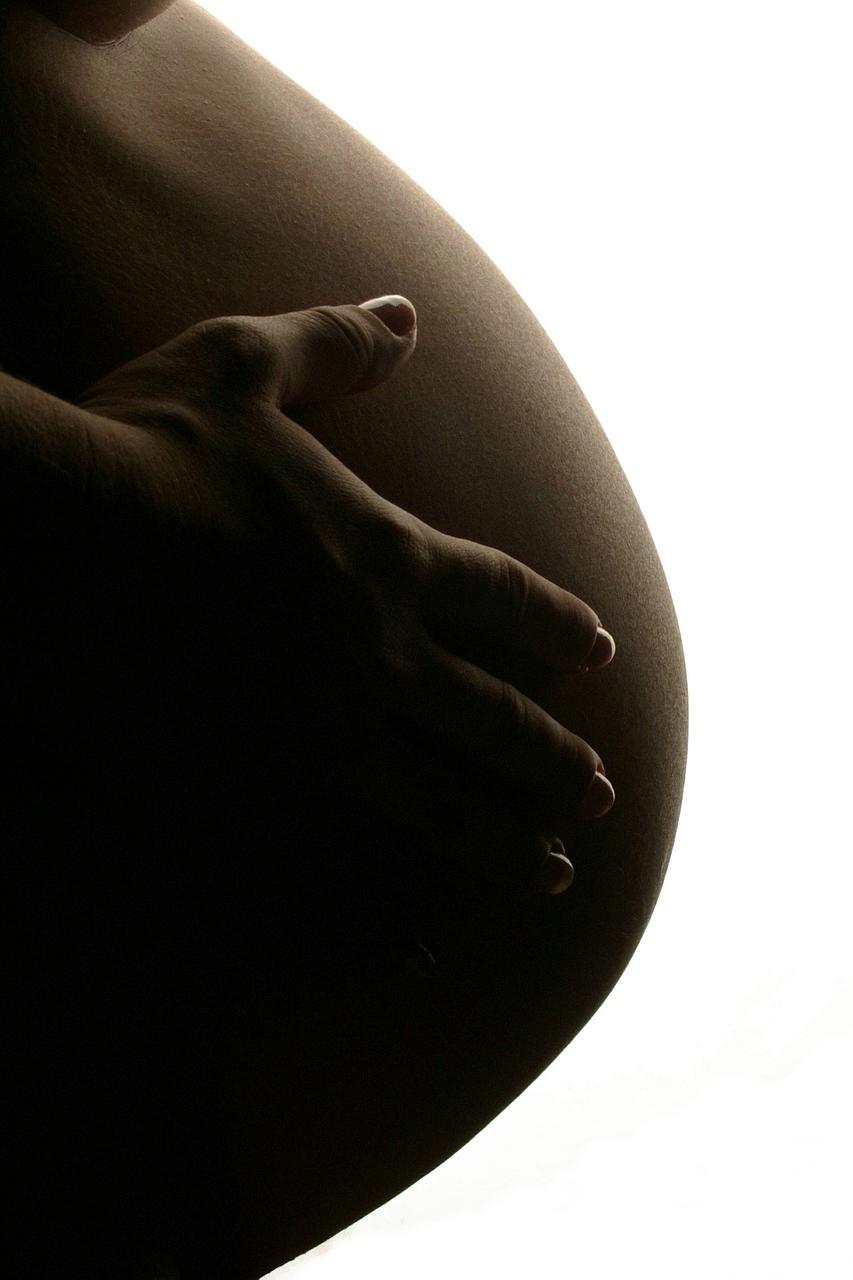Many women often wonder if it is possible to experience bleeding similar to a period in early pregnancy. The concept of hormonal bleeding can shed light on this phenomenon. Hormonal bleeding refers to light bleeding that some women may experience around four to eight weeks of pregnancy, typically around the time their period would have been due.
Causes of Hormonal Bleeding
The occurrence of hormonal bleeding can be attributed to various factors, including changes in hormonal levels and the process of implantation. As the fertilized egg implants itself into the uterine lining, it can cause some light bleeding. This can sometimes be mistaken for a menstrual period, leading to confusion among women who are unaware of their pregnancy.
Duration of Hormonal Bleeding
The duration of hormonal bleeding in early pregnancy can vary from one woman to another. Some women may experience light bleeding for a day or two, while others may have it for a longer period. It’s important to note that hormonal bleeding is typically much lighter and shorter in duration compared to a regular menstrual period.
Can Hormonal Bleeding Resemble a Period?
Yes, hormonal bleeding can indeed resemble a period in terms of the amount and color of blood. However, there are key differences that can help distinguish between the two. Menstrual periods typically last longer, involve heavier bleeding, and are accompanied by symptoms like cramping, whereas hormonal bleeding in early pregnancy is usually lighter and shorter in duration.
Signs to Differentiate Hormonal Bleeding from a Period
There are certain signs that can help women differentiate between hormonal bleeding and a regular period. Apart from the lighter flow and shorter duration of hormonal bleeding, women may also notice other symptoms of early pregnancy such as breast tenderness, nausea, and heightened sense of smell.
When to Seek Medical Advice
While hormonal bleeding is considered normal in early pregnancy, it is advisable for women to consult their healthcare provider if they experience any bleeding to rule out any potential complications. Persistent or heavy bleeding, along with severe cramping or other concerning symptoms, should be promptly evaluated by a medical professional.
Managing Hormonal Bleeding
There is generally no specific treatment required for hormonal bleeding in early pregnancy, as it is a natural and common occurrence. However, it is important for women to take care of their well-being by getting adequate rest, staying hydrated, and engaging in light physical activities. Maintaining a healthy lifestyle can support the overall health of both the mother and the developing fetus.
Emotional Impact of Hormonal Bleeding
Experiencing hormonal bleeding in early pregnancy can evoke a range of emotions in women, including anxiety, confusion, and uncertainty. It is essential for women to reach out to their healthcare provider or a support system to address any concerns or worries they may have. Open communication and emotional support can greatly benefit women during this time.
Monitoring Pregnancy Progress
Regular prenatal check-ups and ultrasound scans can help monitor the progress of the pregnancy and ensure the well-being of both the mother and the baby. Healthcare providers can offer guidance and reassurance to women experiencing hormonal bleeding, helping them navigate through this phase with confidence and understanding.
Conclusion
In conclusion, hormonal bleeding in early pregnancy is a common occurrence that can mimic the characteristics of a period. Understanding the causes, duration, and signs of hormonal bleeding can help women differentiate it from a regular period and alleviate any concerns. It is important to prioritize self-care, seek medical advice when needed, and maintain a positive outlook during this delicate phase of pregnancy.

